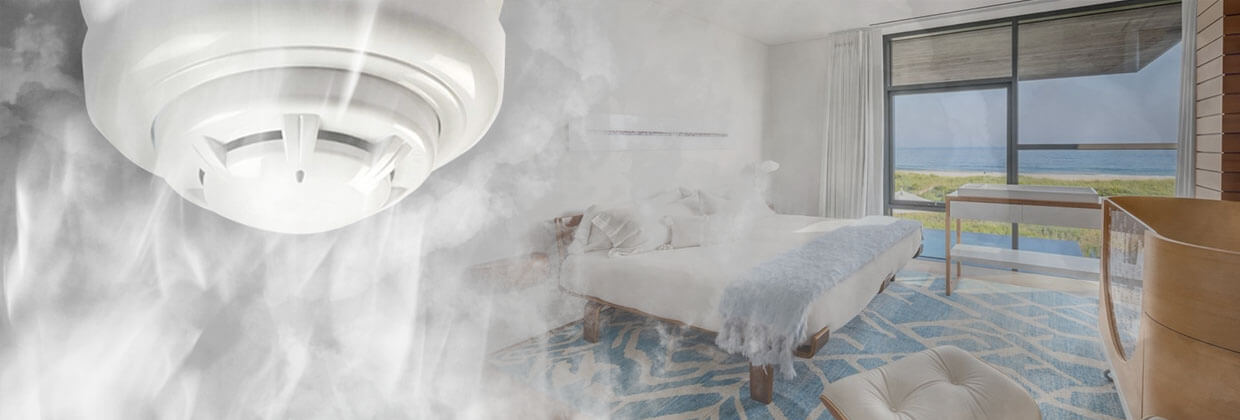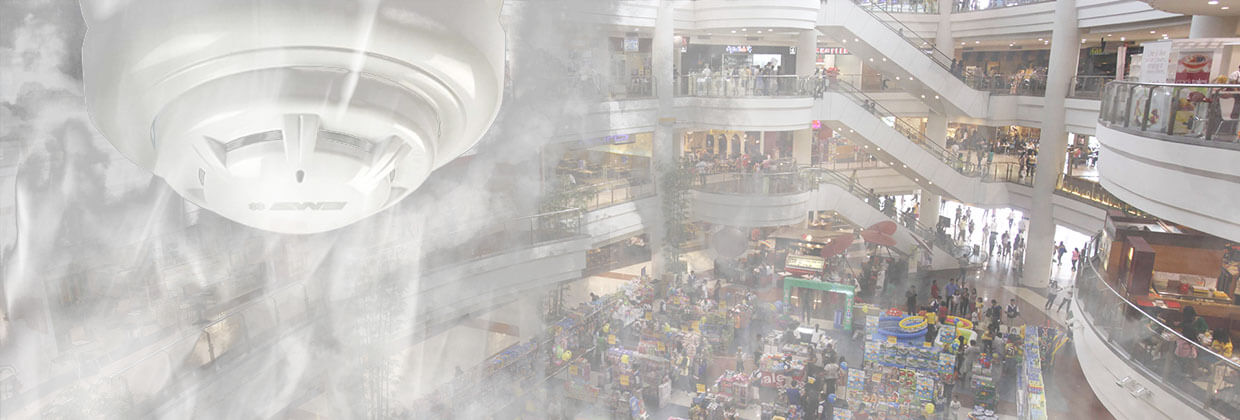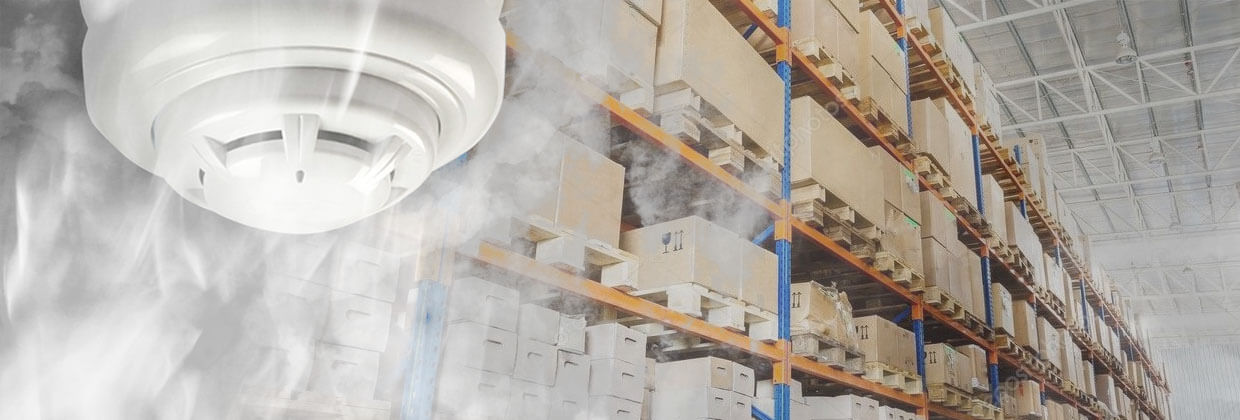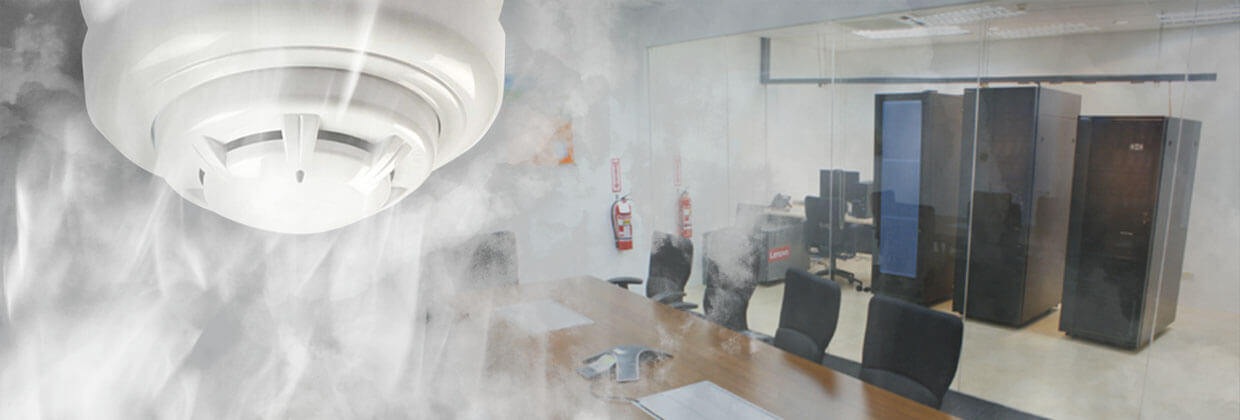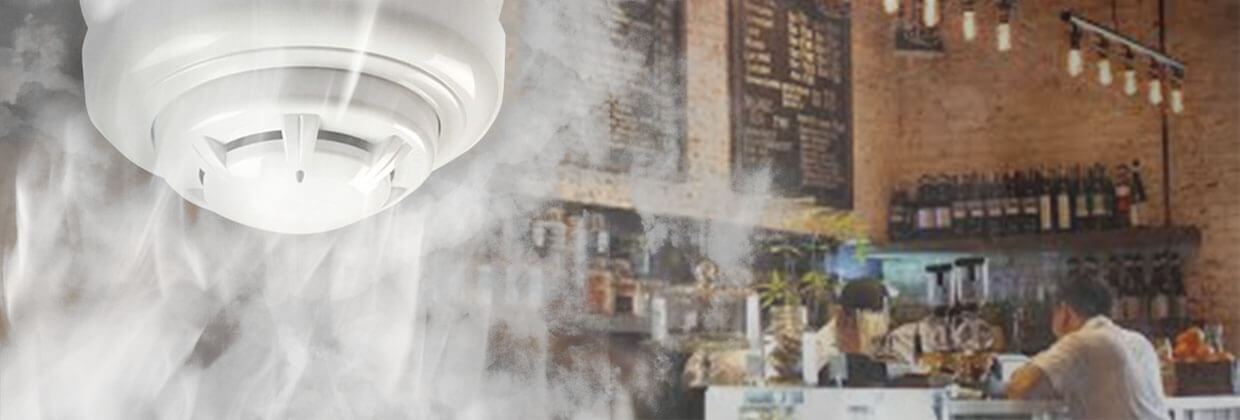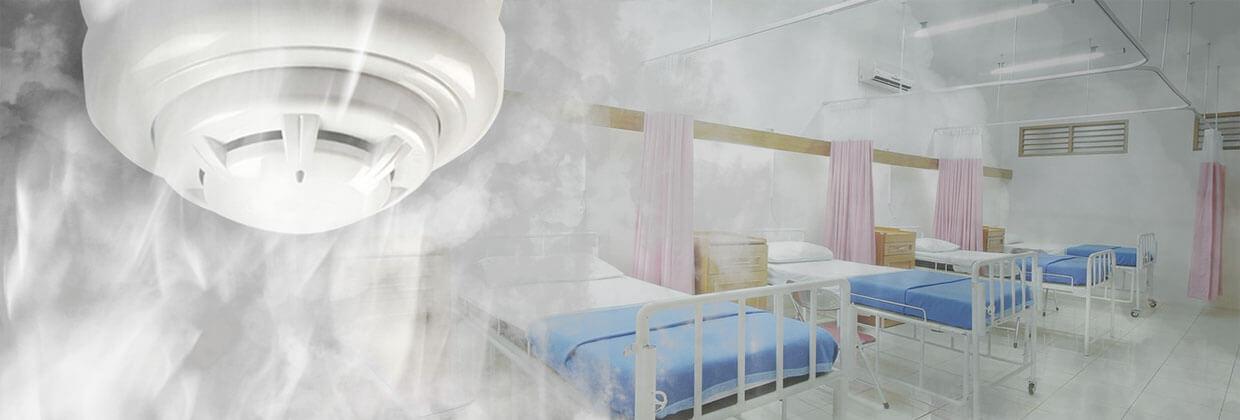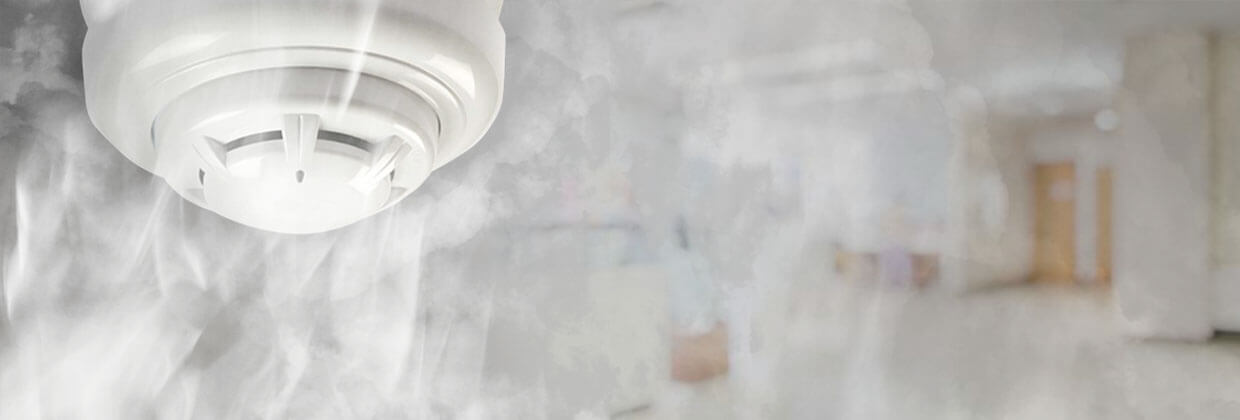Fire Alarm FDAS Frequentyl Asked Questions (FAQ)
We’ve gathered the answers to our most frequently asked questions below. See if you’ll find what you’re looking for! If not, drop your questions here and contact us!
COnsult to us today!
- FDAS Supply & Install
- Fire Alarm Upgrade & Integration
- Design & Consultancy
- Testing & Commissioning
- Preventive Maintenance Services
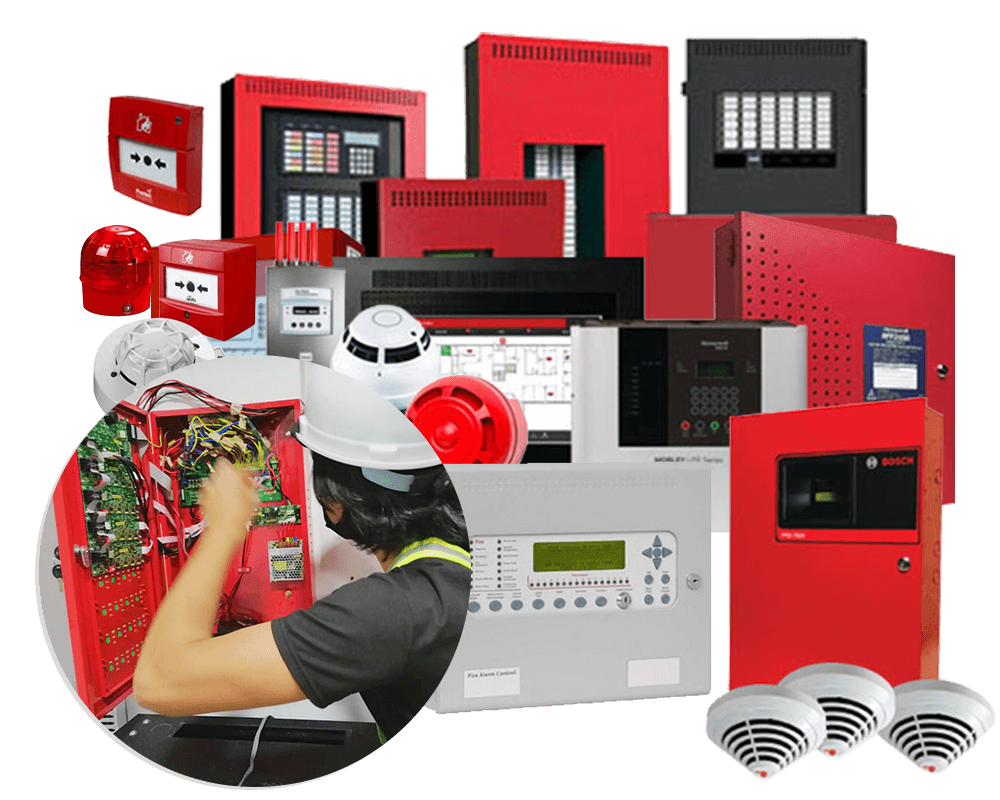
BEST PRICE
HIGH-QUALITY PRODUCTS
FAST QUOTATIONS
ON-TIME DELIVERY
WARRANTY
PhilGEPS ACCREDITED
1What is a Fire Detection and Alarm System?
A Fire Detection and Alarm System (FDAS) is a system that alerts individuals when smoke, fire, carbon monoxide, or other fire-related crises are identified. These alerts might be triggered automatically from smoke alarms, heat detectors or may likewise be triggered through manual alarm activation devices, like manual call focuses or pull stations. It is a system designed to detect fire in its early development. It is designed to alert the people inside a building.
2Why is a Fire Alarm System very important?
A Fire Alarm System is very important because it can detect alarms and can give you an early warning signal that can save your life, your family, and your property. It will alert you, even if you are sleeping, working, or busy working. Fire Alarms lessen property damages as it gives you time to take proper action and precaution before damage takes place. Early detection from Fire Alarm Systems can get you out of a situation that can possibly turn into a big tragedy.
3What are the types of Fire Detection and Alarm Systems (FDAS)?
There are 3 main types of Fire Alarm Systems: An addressable Fire Alarm System, Conventional Fire Alarm System, and a Semi-addressable Fire Alarm System. An Addressable Fire Alarm System is a high-end and intelligent fire alarm system that offers more building protection and can specifically detect the exact location for which the alarm is happening while a Conventional Fire Alarm System is a system made up of Zones. It can tell which area is triggered but not which device. Meanwhile, a Semi-Addressable Fire Alarm System is a combination of both Addressable and Conventional Fire Alarm System which uses an addressable control panel and conventional detectors. It functions depending on what type of detector is used. If you opt to use conventional detectors or devices, it can function with the help of modules like control or zone monitor modules.
4What type of Fire Detection and Alarm System (FDAS) is suitable for my business?
It might seem obvious that an Addressable Fire Alarm System offers a more advanced functionality but costs less to install. An Addressable Fire Alarm System can also be more cost-efficient and can accurately detect fire. Conventional Fire Alarm Systems may cost less to buy but can really cost more with regards to installation from expansive wiring. In terms of cost, Semi-Addressable Fire Alarm Systems is in between Addressable and Conventional systems but it cuts more cost compared to Addressable Systems for the reason that it uses a mix of conventional detectors. In terms of efficiency, address is more utilized in a Semi-Addressable System since it uses conventional detectors which can function with up to 10-15 units. In terms of wiring, it is similar to addressable and is not expansive, unlike Conventional Systems. Wiring flows around starting from the panel to detectors and goes back again to the panel. In terms of upgrades, Semi-Addressable systems are more flexible as long as the brand is the same for compatibility.
Nevertheless, building type and budget should be the topmost consideration in the installation of the Fire Alarm System. You can contact a trusted Fire Alarm System Company to learn more about fire alarm systems and can make recommendations on which type of Fire Detection and Fire Alarm System fits your requirements.
5Why do I need to Hire a Fire Detection and Alarm Supplier and Installer?
Installation of a Fire Alarm System is a bit complicated. It is recommended that you Hire a Professional Supplier and Installer of your Fire Alarm Systems. The National Fire Protection Association (NFPA) has Codes and Standards that should be considered and followed in the installation of Fire Alarm Systems to minimize the possibility and effects of fire and other risks. And an FDAS Supplier and FDAS Installer are well versed with these codes. Moreover, companies of buildings need certification from the contractor or installer of Fire Alarm Control Panels for their business permit. Otherwise, it will not be granted.
6How long does a Fire Alarm System last?
The average life expectancy of a Fire Alarm System is 10 - 20 years. However, it depends on the quality of the systems installed, how professionally a hired Fire Alarm Contractor installed the system, how well they are looked after, and how frequently they are maintained. This is where A Fire Alarm Preventive Maintenance comes into play. Fire Alarms can last up to 20 years if Preventive Maintenance is performed well annually. Like cars that need maintenance to extend their life, Fire Alarms also require the same care for the same reason.
7What is Fire Alarm Preventive Maintenance?
Fire Alarm Preventive Maintenance is commonly done annually but it can also be done quarterly or semi-annually depending on how long the Fire Alarm System has been installed and checked. You should at least have a minimum of 2 visits per year from a Fire Alarm Preventive Maintenance Contractor. For the part of the client, it is also recommended to conduct their own testing around 3-4 times a year or every 3 months to check if the alarms are working even by simply pressing the manual call points.
8Why do I need a Fire Alarm Preventive Maintenance?
Fire Alarm Preventive Maintenance is a regular maintenance procedure of equipment in order to keep them in good running condition. Preventive Maintenance is checking the system for any errors and defects. This prevents any untimely failure. The Bureau of Fire requires that every establishment with an installed Fire Alarm System should conduct regular Preventive Maintenance.
9How frequently should I have my Fire Detection and Alarm System (FDAS) tested/inspected?
Fire Alarm Preventive Maintenance is needed to secure and ensure that the system is in good working order. It also ensures that the system is ready when you need them. A Fire Alarm Preventive Maintenance is commonly done annually and is required by the Bureau of Fire Protection (BFP). It is certified by the contractor which is needed for business permit renewal.
During a Fire Alarm Preventive Maintenance, all components of the system are checked for errors. Once these errors are detected, all detectors and devices are then checked as well as wirings (for old wiring or rat bite marks). Once everything is done, the contractors recommend the next steps either to replace devices or to condition them so that they function as good as new. Lastly, a final dry run or testing is done to ensure that the system is functioning well before the turnover to the client and the issuance of certification that is one of the requirements of BFP for business permit renewal.
10Where should I place my Fire Alarms?
Every premises is required to install a Fire Detection and Alarm System for safety and protection. A fire alarm control panel is recommended to be placed in guardhouses, places near fire exit areas, or areas that are easily seen.
The National Fire Protection Association (NFPA) has a standard design and installation for different types of buildings so it’s important to consult with a Professional Fire Alarm Contractor to do the design and installation of your Fire Detection and Alarm System.
11When do I know that my alarm is a false alarm?
Once your Fire Alarm System is installed, you should ask the Contractor to train 1 or 2 of your in-house personnel with the basic functionality of the system. They should be informed of the common errors that may happen and how they can check if it is a true alarm or a false alarm. Usually, the common false alarms are caused by human errors, low or busted batteries, incorrect installation, dusty and dirty detectors, cut wires, and pet motions. Some errors also depend on the FACP or the brand used but the indicator lights of the FACP will determine if they are a false alarm or not.
12How to reduce a False Alarm?
To reduce a False Alarm, it is vital to perform occasional preventive maintenance annually or test the system every 3 months to ensure that all sensors, detectors, and all components of the system are clean and are all in good condition.
13How long do fire panel batteries last?
Fire Alarm Panel Batteries should be replaced every five years. But this could depend on various kinds of batteries and how often they switch over their backup battery.
14Will an engineer’s visit be a cause of disruption to my business operations?
An Engineer’s visit should not cause any disruption to your business operations. However, it may depend on the severity of issues that the system has. In some cases, contractors silence panels to remove the termination of the bell so during troubleshooting and inspection, these bells and the FACP will not ring or make a sound. If the system is found to have several issues, a little disruption may occur but will not paralyze the entire business operations. The reason for this is to thoroughly check the system for errors that cannot be visualized unless further inspection of the system is conducted.
Note: Cheapest does not mean the best. Always hire experts to do the job. Always prioritize the quality and your safety.
STRONG PARTNERSHIP
We have partnered with different brands like Bosch, Apollo, Kentec, Honeywell and Guardian. Our products are made in Europe FDAS, made in Malaysia FDAS, made in US FDAS and made in Japan FDAS.
CONTACT US
AFFORDABLE & RELIABLE
Accurate and reliable Fire Detection System is very important to detect unwanted presence of fire. But Fire Detection and Alarm System can be very costly, that is why as a Solution Provider, we find the best products with an affordable price fit to our clients’ budget without sacrificing the quality.
GET A FREE QUOTE
IMMEDIATE SUPPORT
Our goal is to become the best FDAS Partner to our clients, we make sure that they are well-assisted with their concerns and meet all of their requirements. We include a 24 hours maintenance support in our service package.
FILL OUT FORM
Tags:
- Fire Detection Alarm and Door Access Integration
- Addressable Smoke Detector
- Fire Alarm and Voice Alarm Integration
- FDAS Supplier & FDAS Installer
- FDAS Programming
- alarm system
- fire detector
- fire detection and alarm system
- home fire alarm system
- industrial smoke detector
- security systems
- home security alarm system
- fire alarm contractor
- fire alarm provider
- fire alarm supplier
- fire system
- fire protection systems
- fire alarm smoke detector
- fire alarms
- fire alarm system
- fire detection system
- smoke detector sensor
- smoke detector
- fire alarm equipment
- smoke alarm
- addressable fire alarm system
- heat detector
- control panel
- sounder
- kentec
- apollo
- demcoSystem
- FDAS installation
- Fire Detection and Alarm Sstem
- UL-FM 1 Loop Fire Control Panel Apollo protocol K0850
- Dual Action Addressable Manual Pull Station
- APOLLO XP95A PHOTO-ELECTRIC SMOKE DETECTOR
- Discovery UL Open-Area Sounder Visual Indicator
- Smoke Sabre Detector Tester Aerosol
- Twisted Wire 18
- APOLLO XP95A Heat Detector
- AlarmSense Manual Call Point
- Fire Detection Alarm and Door Access Integration
- Addressable Smoke Detector
- Fire Alarm and Voice Alarm Integration
- FDAS Supplier & FDAS Installer
- Bosch
- Apollo
- Kentec
- Honeywell and Guardian
- Our products are made in Europe FDAS
- made in Malaysia FDAS
- made in US FDAS and made in Japan FDAS
- fdas supplier philippines
- fire detection and alarm system philippines
- fire alarm system philippines
- fdas fire
- fire alarm philippines
- fdas fire alarm system
- fire alarm supplier philippines
- fdas fire detection alarm system
- fdas panel
- fire detection and alarm system price philippines
- fire alarm system supplier
- smoke detector supplier philippines
- fire detection & alarm system
- fire detection and alarm systems
- fire detection and alarm
- fire alarm system price philippines
- fire detection system
- fdas meaning philippines
- fire alarm systems
- fire detection alarm
- about fire alarm system
- fdas philippines
VastResult Inc. committed to provide the best support to all our clients and partners.

